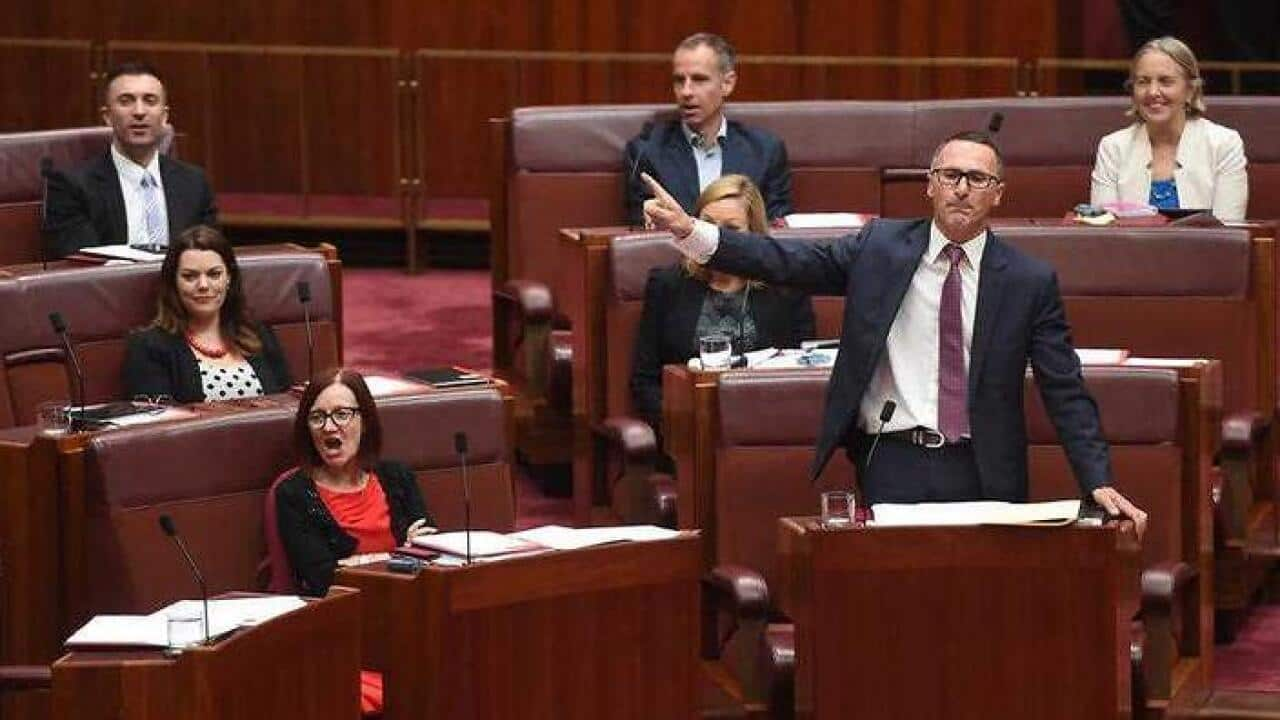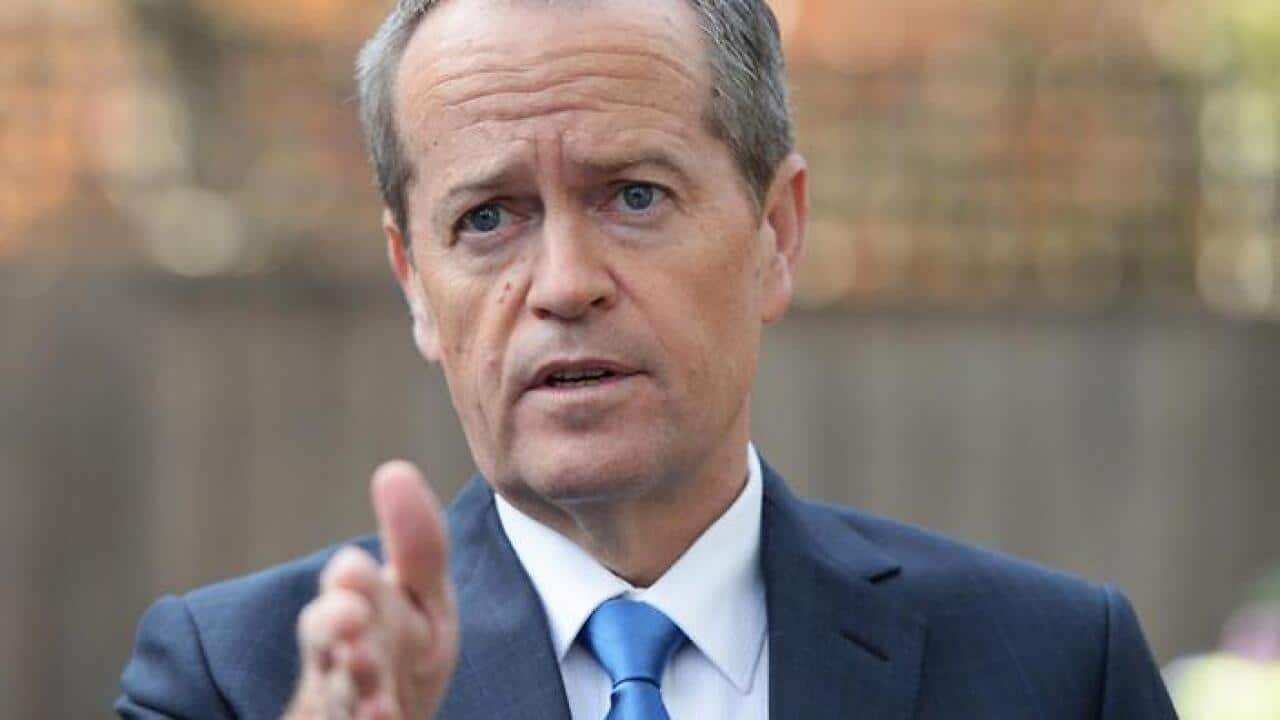Sir Robert Menzies is a revered figure in Liberal ranks.
And while the party has undergone significant change over the decades, in many respects it has also remained true to its conservative traditions.
After a three-day meeting held in a small hall not far from where Parliament House now stands in Canberra, the Liberal Party was born in 1944.
Related reading

Vote 2016: Greens party profile
Uniting a group of 80 representatives from a disparate range of non-Labor parties, the then-leader of the opposition, Sir Robert, believed the Australian people needed a strong alternative to the wartime Labor government.
The newly-aligned conservative forces had a common belief: Australians should have greater personal freedom and choice than that offered under Labor's socialist-leaning plans for the country post-war.
And while much water has flowed under the political bridge since then, Monash University political analyst Dr Nick Economou said the Liberals had stuck true to their Menzian roots.
"The party has always been a sort of slightly tense coming together of social conservatives and moderate liberals, each trying to mitigate against each other's tendencies to dominate the party's approach to policy with a healthy realisation at the end of the day that you have got to be quite pragmatic, because you want to try and win the middle ground in Australian politics," he said
"Over the long haul, the Liberal have been very successful. The Liberal Party has been a very successful party in federal politics."
Sir Robert had already served as prime minister from 1939 to 1941 and after being re-elected in 1949 went on to serve in the top job for another 16 years.
Related reading

Vote 2016: Labor Party profile
He epitomised the party's ideal: economic liberalism, with an emphasis on encouraging competition in a free market.
Half a century later, former lawyer and businessman Malcolm Turnbull, too, fits that traditional Liberal leadership mould.
But he's taken over the top job at a tumultuous time for the party after it took the unprecendented step last year of axing a first-term prime minister in Tony Abbott.
According to Professor John Wanna, from the Australian National University, Mr Turnbull is managing a delicate internal balancing act.
"He's clearly not an arch-conservaitive or a reactionary or someone who wants to wind the clock back, but he has to balance the interests of his party, many of whom are still quite conservative," he said.
"That's the thing for him to manage, not just managing the prime minister's job, managing the country and managing the broader policy, but he has got to manage his own party."
Related reading

Vote 2016: The Nationals party profile
And as Dr Nick Economou points out, the Liberals don't have the same formalised factional structures in place as their opponents to assist in that management.
"They don't have the same rigid, disciplined, factionalism that Labor has," he said.
"It's much more fluid and it tends to revolve around not so much ideas as you can find in the Labor Party because most people in the Labor Party have a passing interest in ideology as well as everything else."
"In the Liberal Party ... what you tend to see are groups clustering around the leaders - the person who is leader and the the person who would like to be leader of the person who is leader and the people who are not happy with the leader and would like somebody else to be leader. Leadership and personality politics tend to be an important driver of what happens inside the Liberal Party."
With these forces at work, Mr Turnbull knows his future rides heavily on the July 2 poll result.
A convincing victory would vindicate his knifing of Mr Abbott and double-dissolution election gamble.
A Liberal loss, though, would likely spell the end for his political career.
Even a narrow win could revive simmering tensions in the party.
He must also nurture the relationship with the Nationals, the party with which the Liberals have governed in coalition for 44 of the past 64 years.
READ MORE

Coalition and Labor 50-50 in poll

